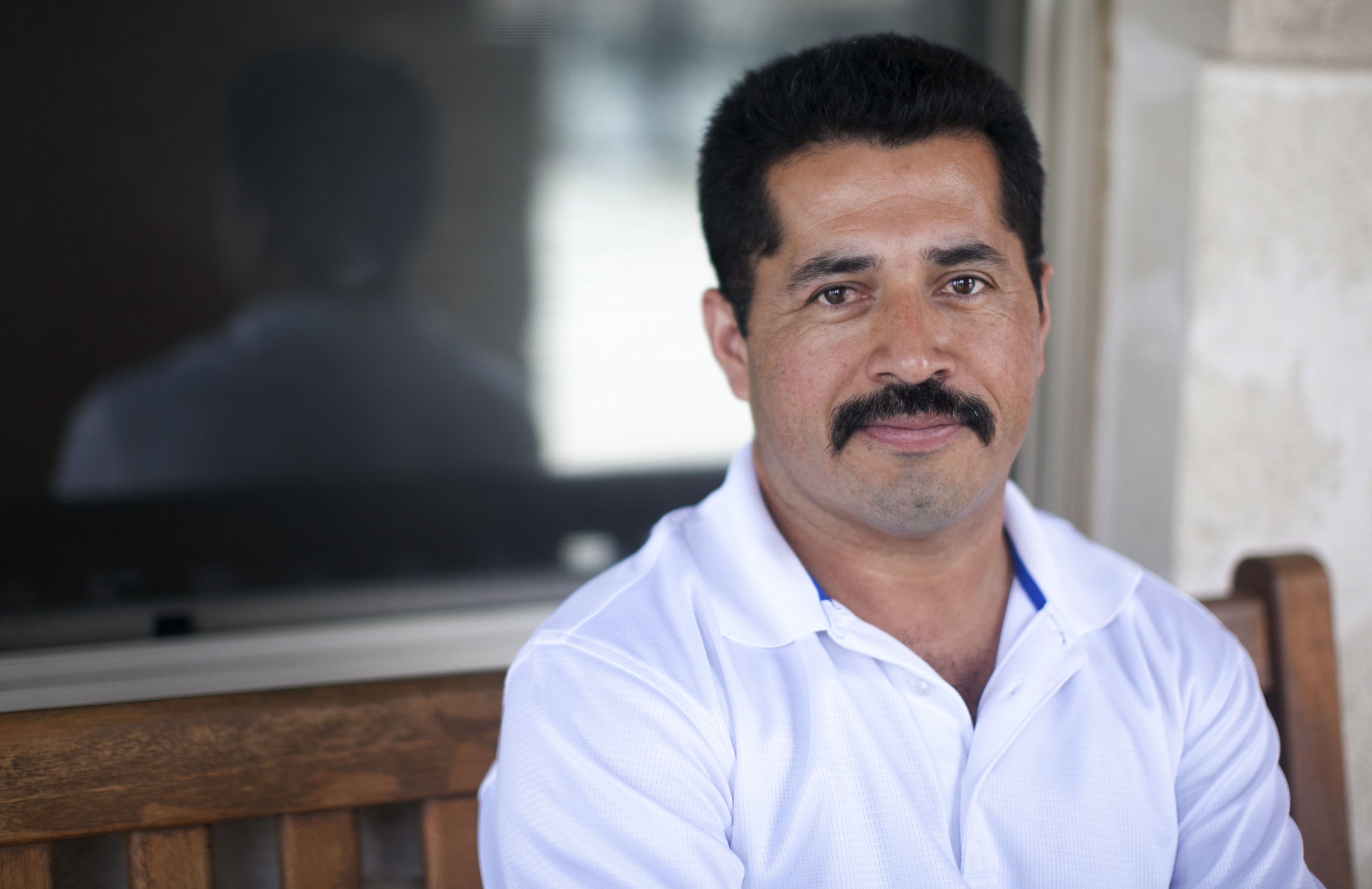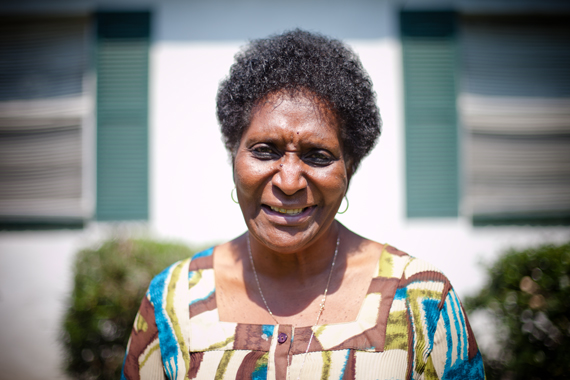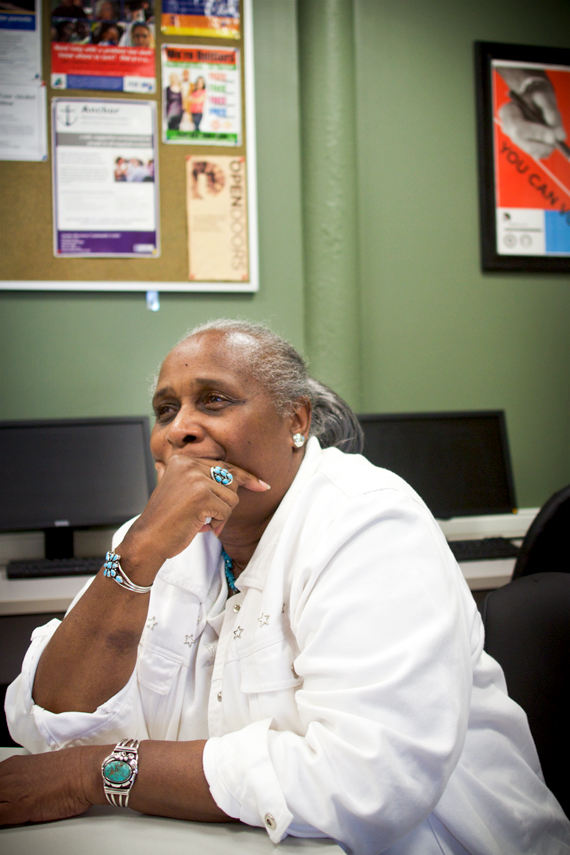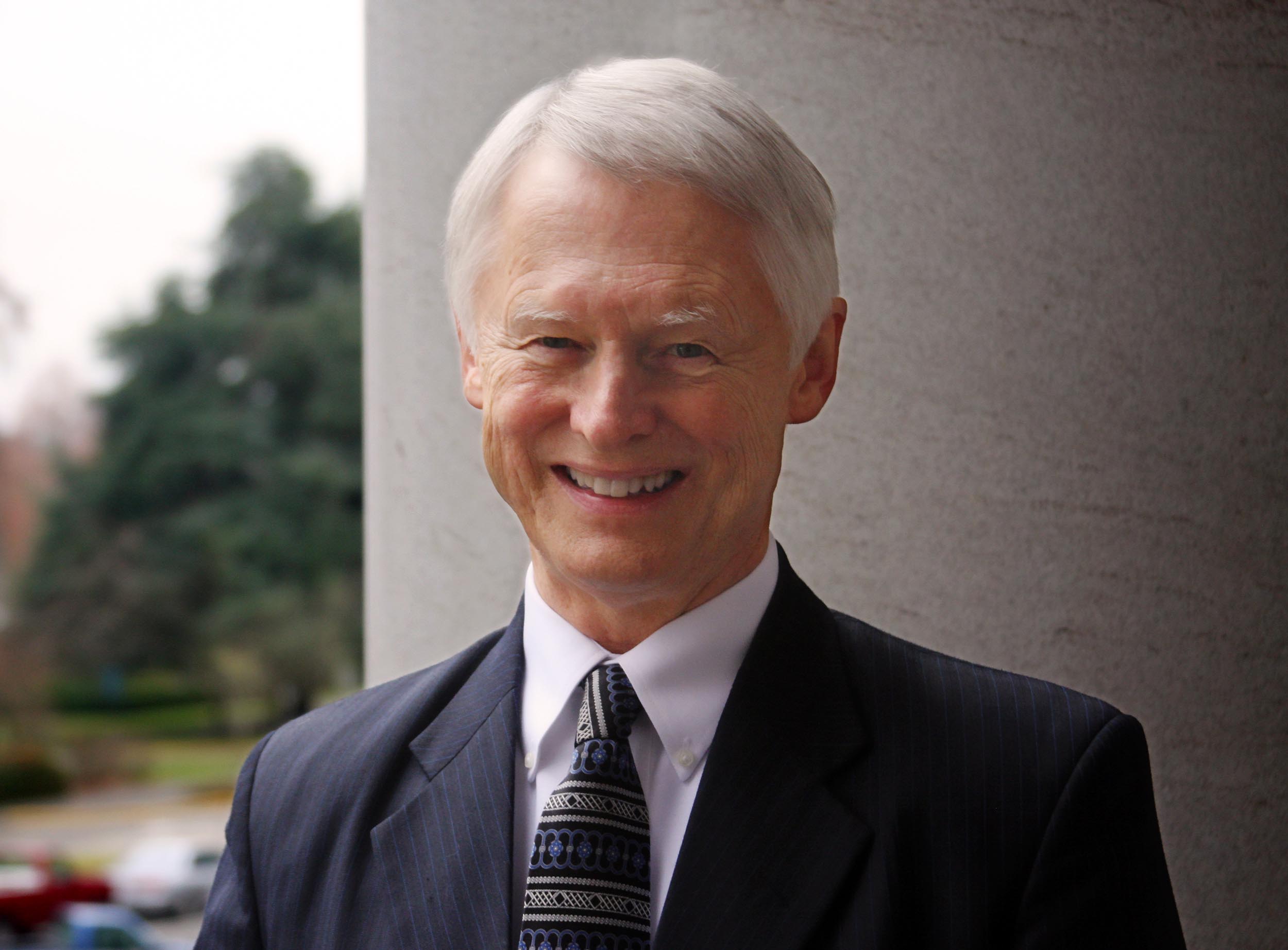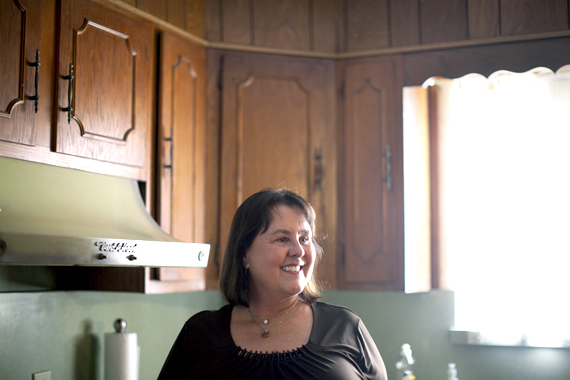UPDATE: 07/10 — J. Morgan Kousser
testified today in the Federal Appeals Court hearing.
Lawyers for both sides came to a last-minute
agreement on witness lists.
The Voting Rights Act faces a sustained legal
challenge that could threaten its existence, a Cal
Tech researcher says, and there are striking
similarities – with a notable demographic difference
– to historic voting rights battles.
“After the initial passage of the Voting Rights
Act, there was a huge attempt to inhibit the growth
of political participation,” J. Morgan Kousser, a
professor of history and social science at the
California Institute of Technology, said of the 1965
law.
“But today, what we see is more than anything a
reaction to the growing Latino population and a
reaction to Latino growth in places where it really
hasn’t been before.”
States such as Iowa, North Carolina, Ohio, Georgia
and Virginia fit that profile, Kousser said. He
planned to testify in the scheduled federal court
hearing on the constitutionality of the new Texas
voter ID law, but the state’s legal team successfully
petitioned last week to deny his testimony calling it
opinionated and tangential.
If the U.S. Supreme Court takes up a case
challenging all or parts of the Voting Rights Act in
its next term, Kousser said it is possible that the
entire law could be ruled unconstitutional, opening
the door to a new series of election laws.
“Suppose you made everybody re-register in a
central location in a limited amount of time, and did
not make that registration permanent,” Kousser said.
“Nobody’s proposed this yet, but we had the umbrella
of the Voting Rights Act protecting against such
things.”
By Nick Andersen, News21


